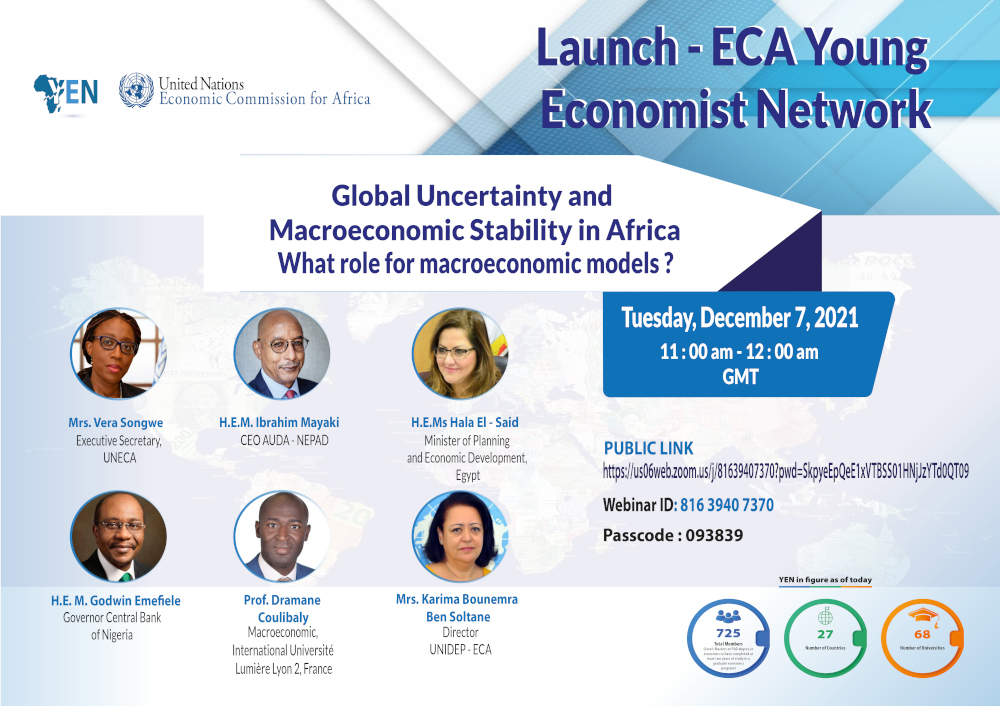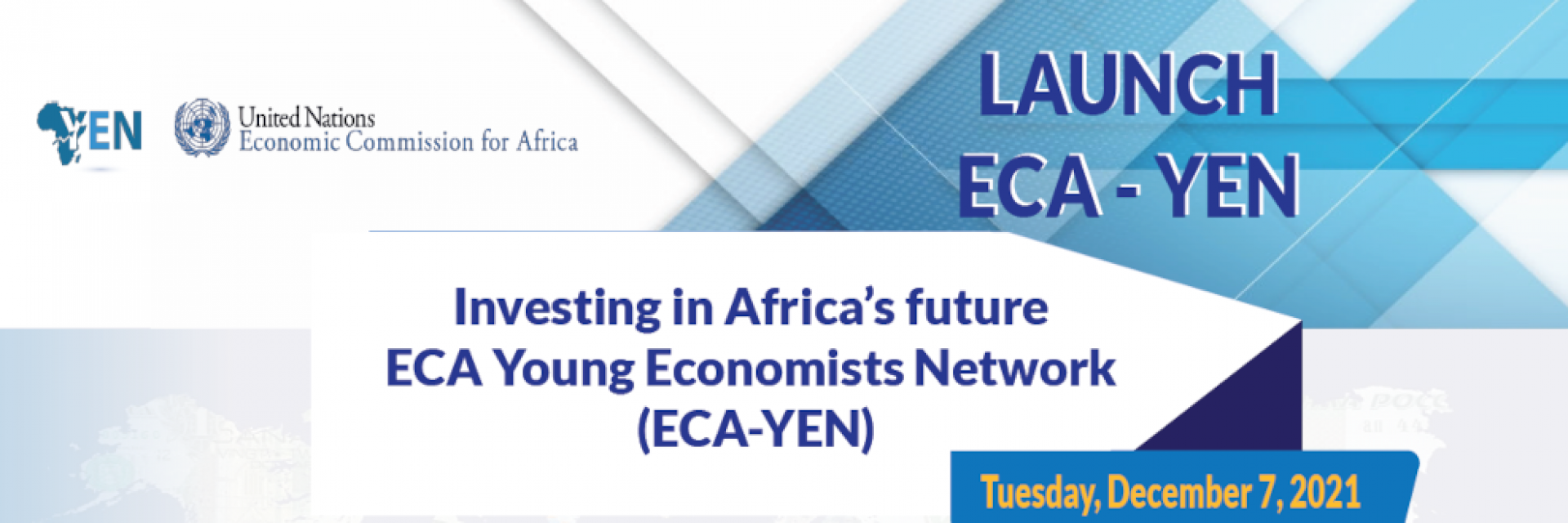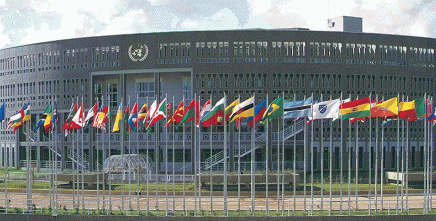
Maintaining macroeconomic stability plays a fundamental role for sustained and inclusive development. This need is more pressing as exogenous shocks jeopardize the relative balance of African economies; the recent global crisis has emphasized the importance for policymakers and economic agents of a real-time critical analysis of the prevailing macroeconomic environment leading to appropriate economic policies and measures for sustained growth and development. One of the main challenges among others is the delay with which key macroeconomic indicators such as GDP and its components, but also fiscal variables, regional/sectoral indicators and disaggregate data, are analyzed and released.
Furthermore, the availability of large datasets, combined with advances in the fields of statistics, machine learning, and econometrics, have generated opportunities for predictive models and enabled macroeconomic nowcasting, thus possibly enhancing the timely availability and precision of early estimates of key macroeconomic variables.
It therefore becomes essential to improve the management of macroeconomic policy across the continent to face any eventuality, and this requires mastering the public decision-making tools provided by macroeconomic modeling. The latter helps to understand the functioning of the different sectors of the economy and the implications of economic policy shocks in the short and medium term. The resulting policy decisions are therefore well informed by scenarios considering different parameters of the macroeconomic environment.
However, macroeconomic modeling relies on the availability and reliability of economic data, which is still a major challenge in Africa, as well as the lack of qualified human resources to carry out this work.
It is therefore paramount to promote the establishment of a critical mass of skilled modelers with solid understanding and knowledge of the behavior of macroeconomic aggregates and the factors underlying such behavior, professionals who are able to sift through big and complex data to timely distill all information relevant for decision making.
The ECA young economist network (ECA-YEN) seeks to create a peer learning and research platform to empower and engage a new generation of skilled young macroeconomic modelers to champion macroeconomic modelling excellence on the continent and help countries achieve more efficiently the goals of the 2030 and 2063 Agenda.
As part of the launch of YEN network activities, this High-Level webinar is organized by the United Nations Economic Commission for Africa (ECA).
The High-Level webinar will provide a platform to reflect on the implication of stability-oriented macroeconomic policies and practices for building resilient economies to shocks at national and sub-regional levels. The ECA-YEN as a mechanism to support macroeconomic stability, through nowcasting and forecasting at national, sub-regional levels will be presented.


